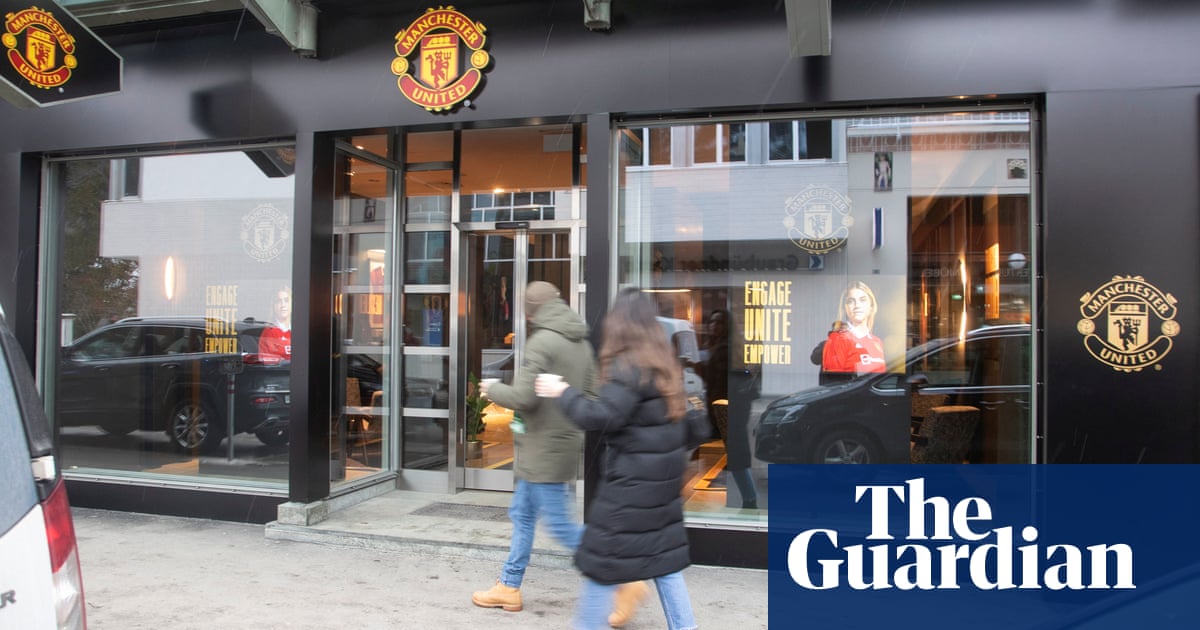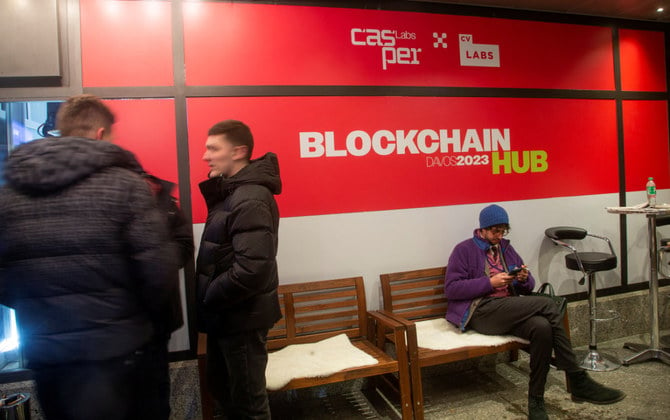
Davos comes and Davos goes, but over the last five decades, the one thing you can rely on is Swiss efficiency, right? The trains run on time, the cuckoo clocks chime on the hour, and the snow is swept from the pathways within minutes of the first fake falling. That is the common (even cliched) view of the Alpine nation and its showpiece event, the World Economic Forum (WEF) annual meeting in Davos.
But — and whisper it very gently beneath your breath — maybe the legendary standards of Swiss efficiency are slipping as the WEF celebrates its 50th birthday. Evidence of a lapse from the highest levels of attainment came at Zurich Airport, when the luggage belt seized up inexplicably, and a full 10 minutes elapsedbefore a maintenance man came to attend to it. Tut tut.
Further signs of falling standards were on display at the railway station. The booking desks were besieged, as usual, by WEF delegates keen to complete the final leg of their journey up the Magic Mountain — a two-hour rail journey involving two stops at increasingly higher altitudes.
But only two of the 10 grills were manned, and the line grew longer and more grumpy with each passing minute. The mood was not helped when some trains were canceled and an extra hour was added to the journey. There was much muttering and dark looks shot when the train finally pulled into Klosters.
But thankfully, once you got to the heart of WEF-land, normal service was resumed. There had been a reasonable fall of snow that morning, which gave the place its usual fairytale appearance, but no traffic snarl ups as in previous years, when massive snowfall had caused the place to grind to a halt.
The shuttle buses that are the arterial life-channels of Davos — for those whose budgets do not extend to the black Mercedes limo — were running with their usual Swiss punctuality: Every 10 minutes or so, or even more frequently during peak rush hours.
These, in my experience over the past few years, are becoming frequently extended. Having battled through the registration process and attended one event at the nearby Seehof hotel, I imagined it would be easy to catch a ride on a virtually empty shuttle back to Klosters at around 9.30 p.m. But even at that hour, there was a long queue of unhappy souls waiting to make the same 20-minute trip to the other side of the mountain and their warm, welcoming hotel rooms.
It was the same thing on the opening morning of the annual meeting. I left my hotel — the homely and comfortable Cresta in Klosters — at 7 a.m. in the dark, and at minus 5 degrees Celsius. Again, there was a crowd of people standing huddled at the shuttle stop, shivering and stamping their feet.
The WEF shuttle service was up to the job, however, and I got into the Congress Hall with little trouble. The airport-style screening process — maybe a little more thorough than usual in view of the impending arrival of US President Donald Trump — passed smoothly. One request though: Please WEF, install some hot-air machines in the security hall. The body shock when you remove outer clothing to pass through the metal detectors was wicked.
Then down to business, which for a journalist at Davos means finding somewhere in the congress complex where you can rest a laptop while also providing a good people-watching vantage point. Over the years, I have learned that the Central Lounge — strategically located between the main plenary meeting halls and the (private) members lounge and bilateral rooms — is the perfect spot. Now, who will come my way in Davos 2020?












